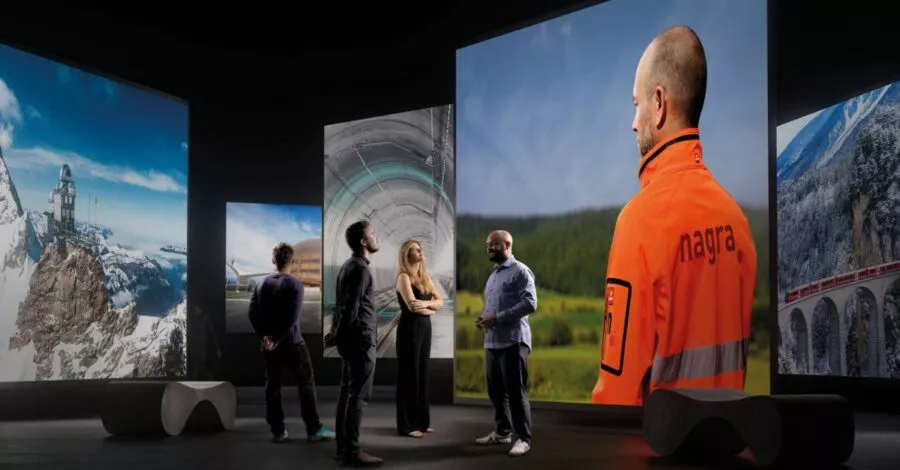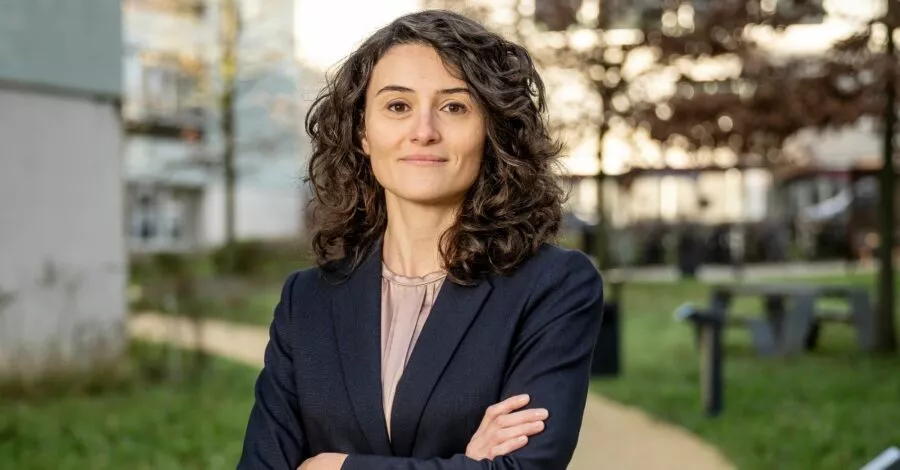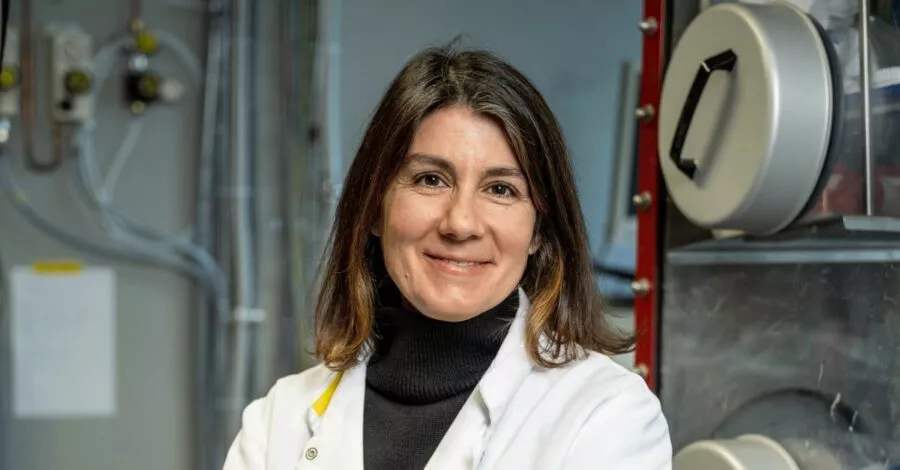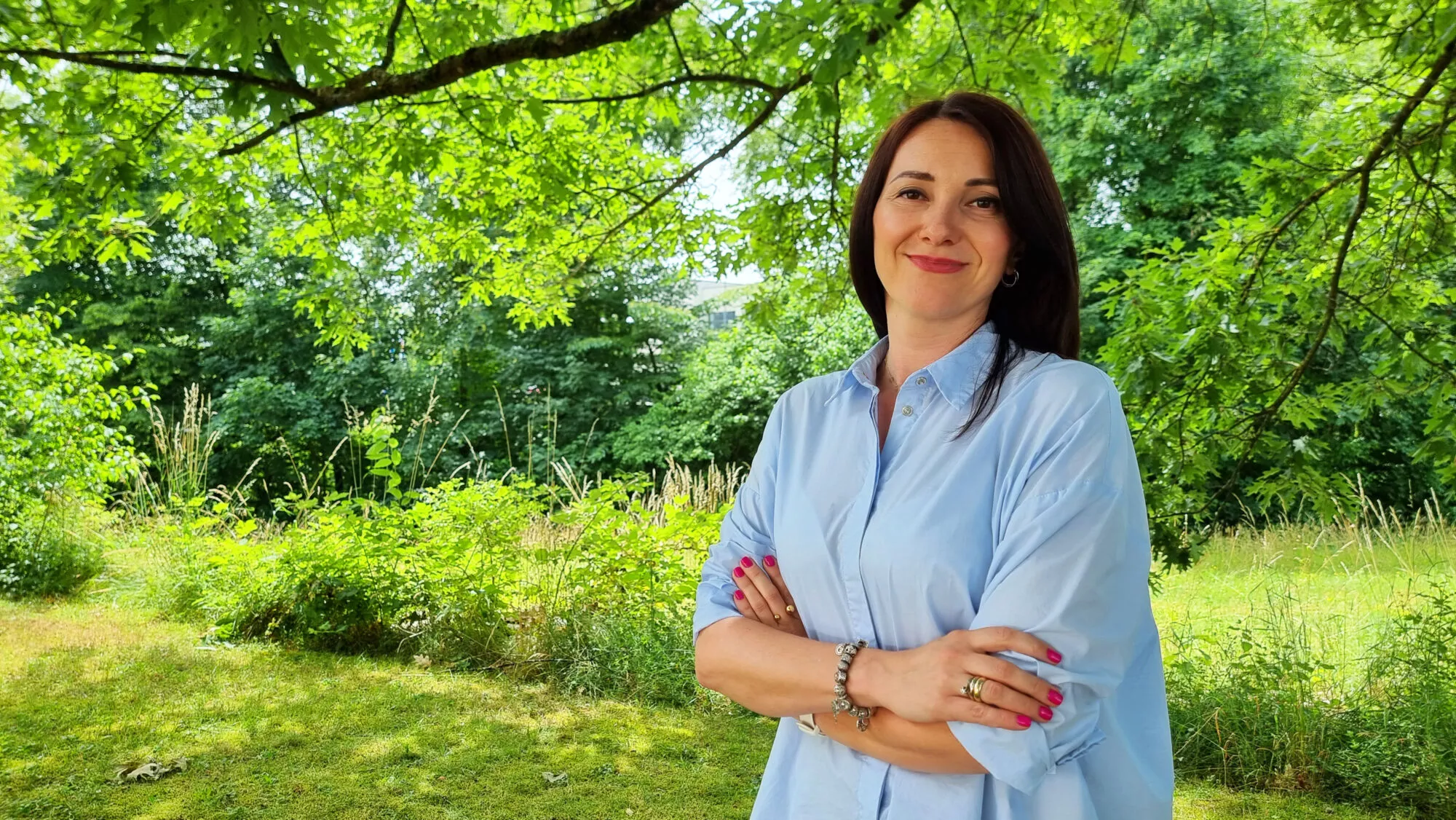
Natalija Survila-Glebova wants, in her own words, “to learn from the best”. She is Head of Communication at the Ignalina nuclear power plant (INPP) and was part of a Lithuanian delegation that visited Nagra for two days. We spoke to her about what she had hoped to gain from her visit and what insights she could take home with her.
Why did you decide to visit Switzerland for your fact-finding tour?
We started our deep geological repository project much later, and we would like to learn from the best. How can we successfully overcome challenges, avoid inefficient decisions and involve stakeholders from the early stages of the project?
What are the three key insights you will take back home?
We have to involve all relevant stakeholders in the project in a timely manner. In addition, the boundaries between the different roles and responsibilities have to be clearly drawn. And: all parties involved must agree that a deep geological repository is needed. This is a fundamental requirement.
What surprised you the most?
I would say the mindset of the Nagra team. They remain flexible when planning the deep geological repository project. They decide on the details of the project only as early as necessary but as late as possible. This allows Nagra to continuously incorporate new findings and technologies and ensure that the project is constantly optimised.
Where do you see differences between Lithuania and Switzerland?
We are still in the initial phase of our project and are therefore behind. For example, Lithuania does not have an underground laboratory like the Mont Terri Rock Laboratory we visited. In addition, Switzerland has solved the issue of how to finance deep geological disposal. Lithuania still has to resolve this.
What are the next steps for Lithuania’s deep geological repository project?
We would like to start broader communication with the public on the planned deep geological repository in Lithuania.. In addition, we want to identify suitable siting regions for a Lithuanian repository and investigate these in more detail.
Why is international know-how exchange so important?
Radiation knows no national borders. Countries share their expertise because they have a common goal – to ensure a clean environment for future generations.
We thank Natalija Survila-Glebova for the interview and the Lithuanian delegation for their visit and the valuable exchange. We are proud to have welcomed many international visitors in recent months.
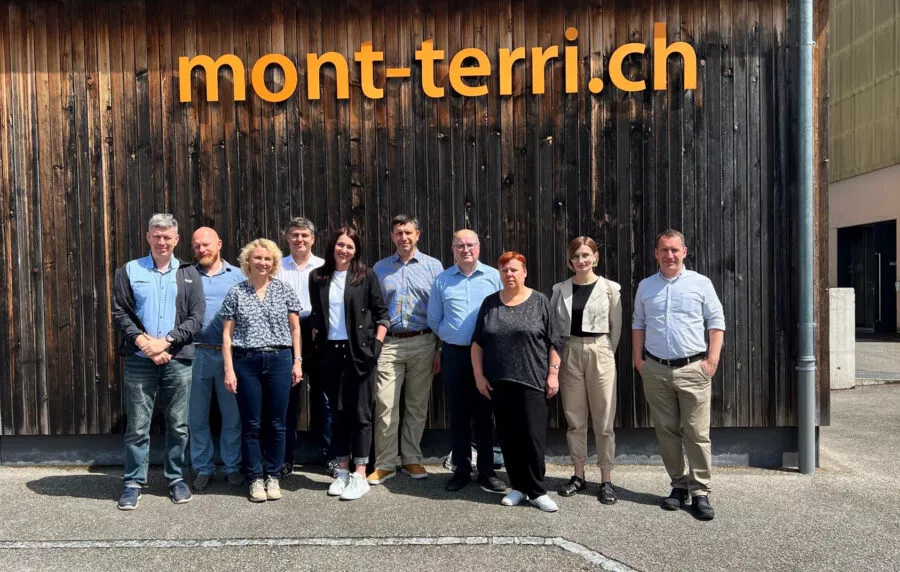
Similar articles
What does Switzerland think about the deep geological repository?
Switzerland is confident that it can realise the project of the century of deep geological disposal. A recent, representative survey shows that acceptance is high across the whole of Switzerland and in the affected region.
